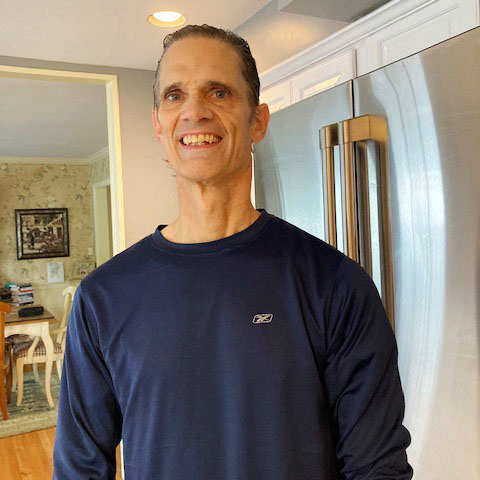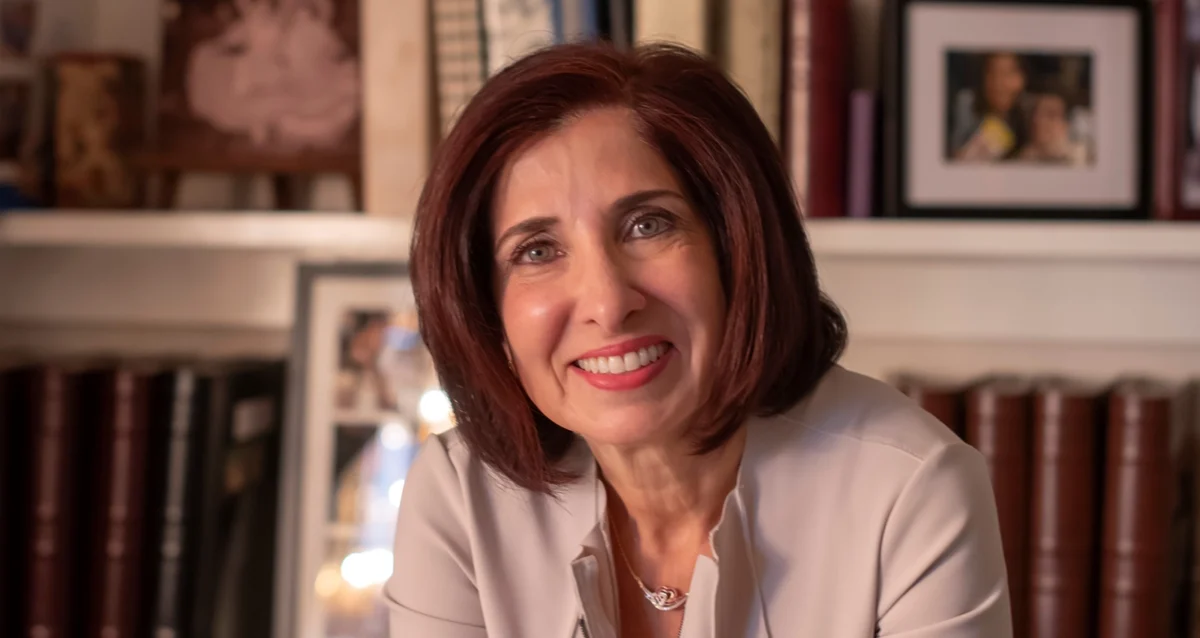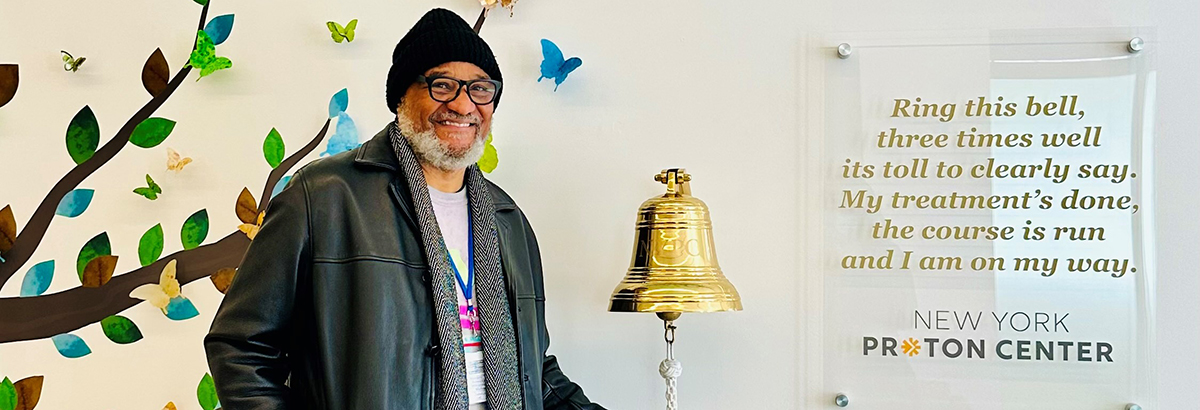Head & Neck Cancer: Meet Joseph
A Referral, A Phone Conversation—and The Ball Is Rolling
Joseph Colasacco was living an active and fulfilling life: A cardiologist at Jamaica Hospital in Queens, a husband and father of four high-achieving daughters, a lacrosse coach who played in a weekly baseball league.
“I was relatively healthy with no medical problems that I knew of. Then in August of last year, I noticed a swelling in my neck.”
Assumed at first to be the result of a molar cavity, that swelling was later confirmed by a biopsy and tonsillectomy to be a squamous cell head and neck cancer that originated in the base of Joe’s tongue. Because the tumor was too large for surgical removal, his doctors instead recommended radiation and chemotherapy.
“Honestly, when I got that news, I wasn’t worried about dying,” said Joe. “I was worried about getting the best possible treatment—but even more so about all the potential side effects of radiation and chemotherapy. To use the vernacular, it freaked me out a lot.”
But then the winds shifted. As Joe began researching his treatment options, he learned about proton therapy and its potential for effectively treating the tumor while dramatically limiting the side effects associated with conventional radiation.
“The more I read about proton therapy, the more it felt like the way to go,” said Joe. “From a science standpoint, it just made sense to try to minimize any potential damage to healthy tissue.”
He raised the possibility of proton therapy during a consultation with a radiation oncologist at a hospital near his home—who immediately referred Joe to the New York Proton Center (NYPC).
Within 24 hours, he received a phone call from Dr. Robert Press, NYPC’s lead head and neck radiation oncologist.
“And just like that,” said Joe, “the ball was rolling.”
Life Carries On With Barely An Interruption
Joe was relieved about his referral to NYPC, largely because proton therapy is remarkably effective at reducing radiation exposure to adjacent tissues and organs—which in turn can minimize short-term discomfort and recovery time.
“Proton therapy reduced my risk of needing a feeding tube by fifty percent,” he said. “Plus I had almost no dysphagia, which is a term for difficulty swallowing. There really weren’t very many problems.”
Joe was also worried about inflammation of the mucous membranes in his mouth, known as mucositis, but barely experienced any. Essentially, he was able to maintain his overall quality of life—maintaining his weight without narcotic pain medication, continuing to work, remaining active, playing sports—during and after his proton treatment.
And thanks to the center’s financial counselors, his insurance company quickly agreed to cover his treatment.


In a Single Month, a Tumor Here and Gone
Joe still had concerns, though. Because he suffered from claustrophobia, he felt extremely anxious about undergoing proton therapy—in particular about the prospect of lying motionless on a table for 30 minutes each day with a mask on his face.
But Dr. Press calmly talked him through the details of his treatment—“whatever happens, we have a plan for it”—in a manner that helped reassure him and allay his fears.
“Dr. Press was positive from the get-go,” said Joe. “He basically told me we’re going to knock this cancer out.”
The results of Joe’s proton therapy, which involved 35 sessions over seven weeks, were quickly and dramatically evident.
“When we first started, the swelling in my neck was probably the size of a walnut,” said Joe. “After about four and a half weeks, it was completely gone.”
A Sensible Decision
“From a science standpoint, it just made sense to try to minimize any potential damage to healthy tissue.”
Goodhearted People, Doing What They Do Best
In addition to physicians and nurses, many other staffers at NYPC were available when Joe needed them most.
They included Danielle Boos, an “excellent”—as Joe put it—radiation therapist who designed a customized mask with a cut-out over the nose to help him breathe more freely during treatment. And also Laura Wang, the center’s “extremely helpful” nutritionist who—because his tongue biopsy had made it difficult to eat solid food— provided him with liquid protein supplements and referred him to a speech and swallow therapist in order to optimize his nutrition throughout therapy.
And there were countless others. “I have nothing but tremendous things to say about the center.
Everyone, from the parking attendant on up, made my journey so much easier.”
“They are still dear to my heart, because day in and day out, they made me as comfortable as possible. I can’t put it any better than that.”



